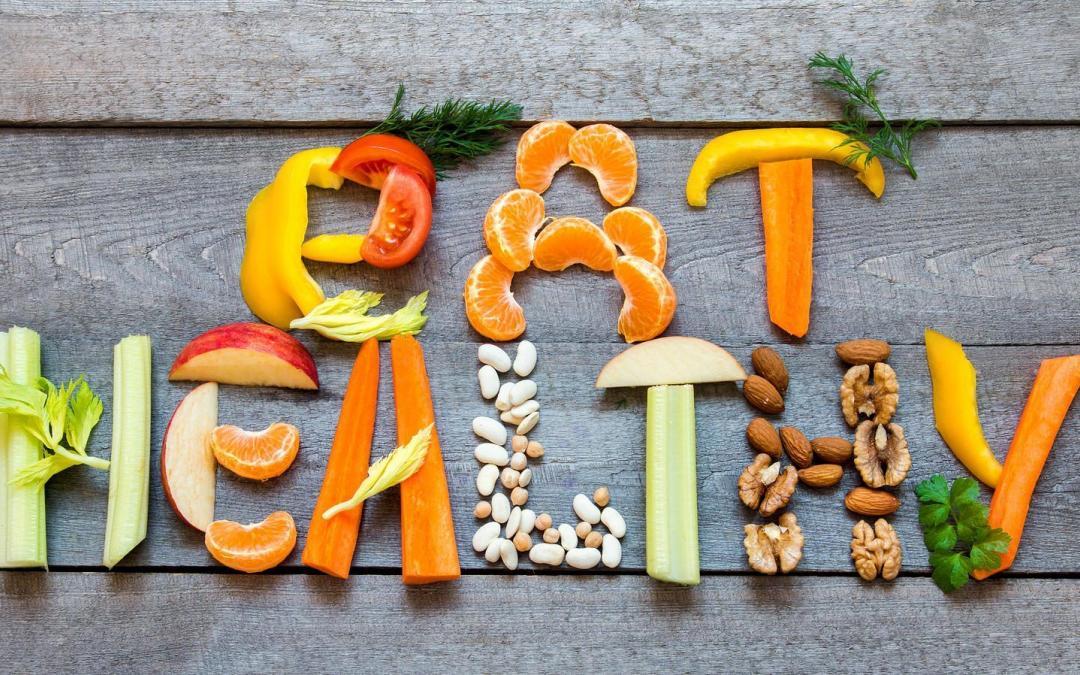We are what we eat. Food is one of the three basic needs of human. In Ayurveda, it is the prime among the three Upasthambha, which holds us. The food we take is responsible for our growth and development, health and sustainability. Food gives us the energy to perform physical activities on a daily basis, the energy for us to respire and for our hearts to contract. Not only the physical activities, food has an impact on our thinking, consciousness, and alertness. In addition, there are foods described in Ayurveda that would increase the Sattva, Rajas or Tamas qualities of mind.
While in today’s world, newer ideas of nutrition sciences, dietetics, and food hygiene are emerging, Ayurveda illustrates various rules regarding food habits that gives a gross idea of them all. In this article, we will discuss the basics that we shall keep in mind before taking food.
Learn 7 Rules Of Healthy Eating Habits
1. Sadras Food – Ayurveda suggests us to include all the six tastes: sweet, sour, salt, pungent, bitter and astringent in our everyday diet so as to establish a balance between the doshas in our body.
- Vata pacifying tastes- sweet, sour, salt
- Vata aggravating tastes- pungent, bitter, astringent
- Pitta pacifying tastes- sweet, bitter, astringent
- Pitta aggravating tastes- sour, salt, pungent
- Kapha pacifying tastes- pungent, bitter, astringent
- Kapha aggravating tastes- sweet, sour, salt
You can also know more about Dietary recommendation as per Prakriti, here.
2. Food Amount – While Acharya Charaka, father of Ayurveda medicine suggests to take food that would make up 1/3rd of our stomach, take 1/3rd amount of liquid diet and leave 1/3rd of the stomach capacity vacant to allow the proper digestion of food; Another scholar of Ayurveda, Acharya Vagbhata allows to fill half of the stomach space with food, a quarter with liquid leaving a quarter space vacant. The idea is not to fill up the entire capacity and leave some space for better digestion.
The food we take shall be in such quantity so that it does not aggravate any of the doshas, helps in the smooth operation of body mechanisms and gets properly digested in time.
Disregarding this rule and taking full-stomach food can lead to laziness, sleepiness, difficulty in moving, lack of energy in short term and inadequate digestive fire that can be a root cause of many diseases in long run.
3. Combination of foods – The combination of several foods can render harmful to toxic effects on our body and are called incompatible foods.
Example Of Combination Of Food
- Ghee and honey in an equal amount can be toxic
- Fish and milk taken together may cause skin problems and even psoriasis
- Tomato or eggplant with milk or yogurt
- Milk and yogurt, sour fruits
4. Eat only when you feel hungry so that your digestive fire will properly act on your food and you won’t suffer from indigestion and the problems it can lead to.
5. Never speak or laugh while eating. Always concentrate on and only on the food you are taking. Food takes care of you. You shall respect it too.
6. Do not eat too fast or too slow, but eat calmly, at time and by properly chewing food. If you eat too fast, you already take a lot of calories before you have eaten enough. In contrary, if you eat too slow, your brain sends signals of fullness in a certain time, but your calories and nutritive needs won’t have met; also, your food gets cold and it’s laborious for the body to digest.
7. Always take clean, fresh food you are habituated with. And keep in mind the place, climate and seasons and properties of food and your own nature, age and health condition before taking food.
Conclusion,
Food is medicine. It purifies your mana, gives the energy to perform activities, makes up your body tissues and body resistance. Therefore, we shall always be thankful for the food in our plate and take it with respect, dedication, and love.
